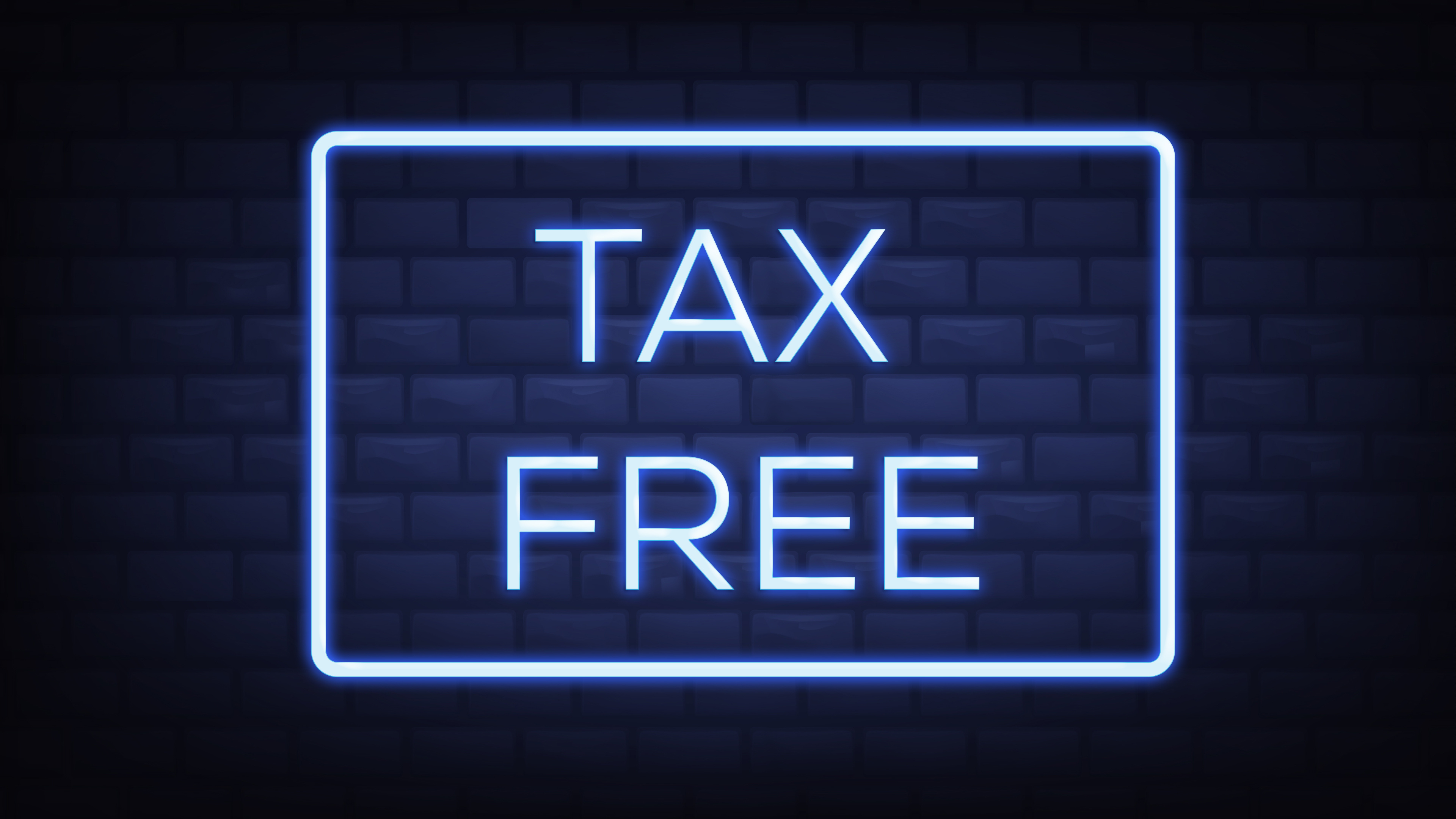Qualifications and Licenses
What kind of credentials do you have?
Tax professionals are identified as either certified public accountants
(CPAs), enrolled agents (EAs) or unenrolled preparers (UPs). CPA is an
esteemed designation for accountants. The CPA path prepares accountants
for areas such as audit, tax planning, merger & acquisitions, and
forensics. An EA is a tax specialist and can represent you legal
matters. EAs are licensed by the IRS. A UP is one who prepares a return
but is not required to sign it as permitted by instructions to the
return or regulations.
Who are your other clients?
You want to know if the accountant understands the basics of your
business. You may need someone who is familiar with real estate, and
instead the accountant has only prepared tax returns for ecommerce
businesses. If you find out he has never had a client like you before,
you may still want to give the accountant a chance.
If they are businesses like yours, that is a good sign. In asking about
clients, you can ask about the work schedule and whether he has the
capacity and resources to support you adequately.
Do you perceive any conflicts of interest?
Tax professionals work with multiple firms and hundreds of individuals.
You may want to check if the firm represents any of your direct
competition. Inquire as to how conflict is managed.
Communication and Technology
Is there a timely response?
Accounting needs to be done consistently all year. Annual reporting is
done during the year, most accounting information should be less than 30
days old. You should have instant access to your information. talk to
your tax professional or a CPA firm, quickly and easily.
A proficient CPA firm makes it a habit to get back to clients as quickly
as possible. This can be a suitable time to ask about support and
“office hours.”
In this digital age, what is your policy on returning phone calls?
With client portals and text messaging notifications, it is reasonable
to ask how long you should expect to wait to have a call returned.
Asking also lets your CPA know you are interested in voice calls.
Who will I be interacting with and do the same people always service my
account?
Ideally, you want the same person to work with - not whoever is
available. You want to build a relationship and increase the rate of
success by partnering with your accountant to execute your long-term
vision.
Tax firms usually assign more than one person to a client. You might not
care how the “back room” operates, but you want to know if the person
interviewing is the one you are working with.
What services do you use to run your business?
Ask broad questions about business operations. How does the firm get and
service clients, the staff, and technology choice. If you have a
concern, address it by asking about computers, communications equipment,
or cyber security. Find out if they stay current by asking about their
research methods, record management and cyber threat response.
Do you consider yourself tech-savvy?
Just because the CPA offers software packages does not mean they know
how to use them. For this reason, a proficient CPA will help you install
and set up a set of books and guide you along the way. Ask if they offer
any kind of software or IT support.
Services and Support
What kind of creative business advice will you offer?
Each industry will have its own strategies. A CPA should be able to
create a customized tax plan and use all available regulations to reduce
your current tax liability. Beyond preparing tax forms, quarterly
reviews should be scheduled to ensure books and records are in order.
Are you available outside of the tax season?
Tax preparers can be seasonal and available only the first four months
of the year. Some even close the office until the following “tax
season.” Make sure your tax professional is available year-round,
especially if you were looking for consistent tax planning.
Am I paying the right amount of taxes?
One of a tax professional's primary functions is to operate with peak
tax efficiency in mind.
Business owners paying too much in taxes is bad for all businesses, a
proficient CPA will analyze the tax situation. They will review all
aspects from business entity structure to all legal means to minimize
and defer tax payments.
Ask yourself: How can the accountant help me make more money?
Financial services are an investment, and the answer will help you find
out if candidates will treat your business like their own. Did they
prepare for the interview by reviewing financial information you
provided? Did they make sure you understood the accounting concepts?
Another return on the investment should be knowledge provided by the
accountant.
The goal of any tax professional is to save you time and money whether
you are tax planning for the following year or in an IRS audit.
Billing and Offer Structure
Will you be charging me for every phone call?
What kind of offer do they have? How do they bill? Is it hourly pay as
you go, different rates based on staff member, or more like a
subscription or flat monthly charge? After reviewing past tax returns
and evaluating the attention you will need, a tax professional should
get you an accurate estimate.
What is included?
Make sure you know what is included and expectations up front. The tax
professional should be asking you questions to let you know what needs
to be included.
What can I do to help you with your work and keep the cost to a minimum?
Effective communication will save much of the accountant's time by
preparing information beforehand. Your CPA should be willing to
collaborate with you to balance the workload to reach either a low cost
or more efficient workflow – you cannot always have both.
